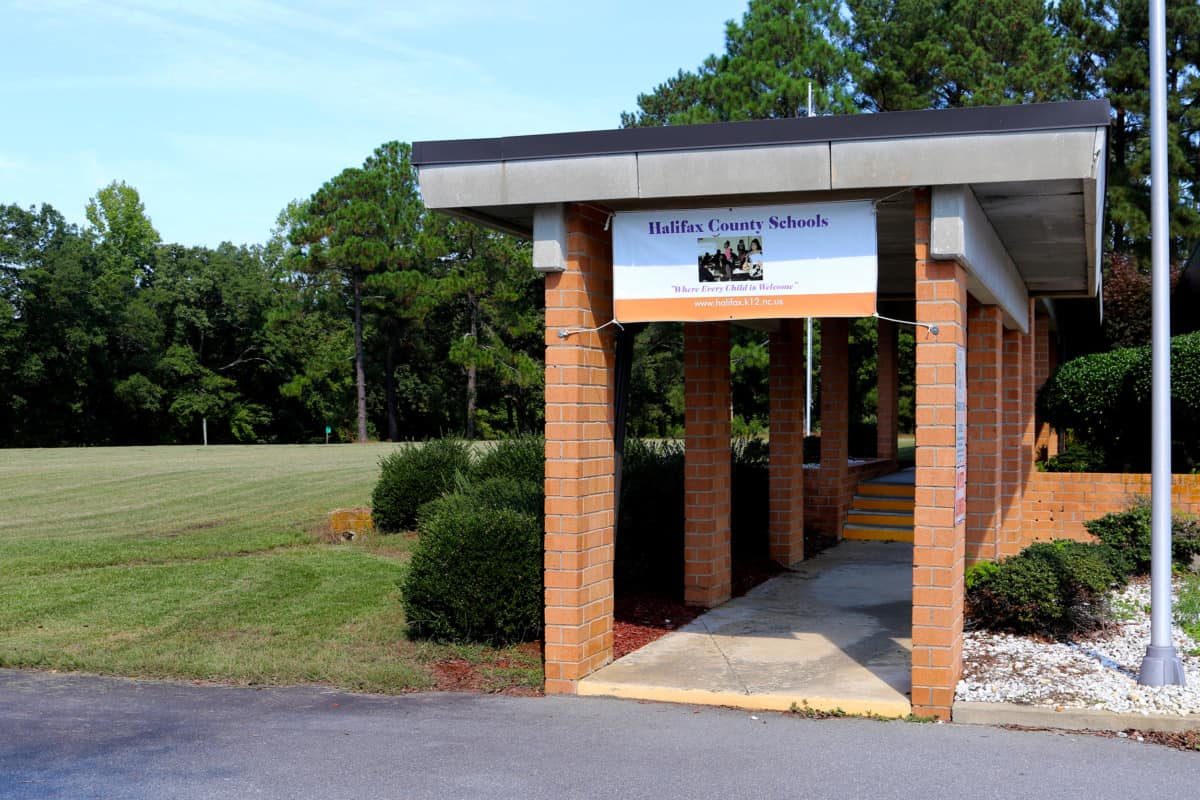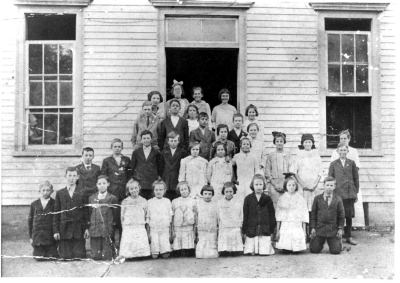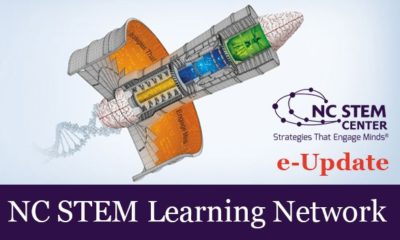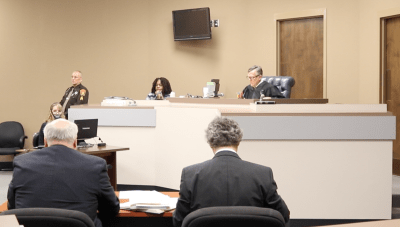If you read EdNC in 2015, there’s a good chance you saw an article about Halifax County. There is conflict on the Halifax County School Board. The County Commissioners are being sued by local community groups over the county’s three separate school districts (Halifax County Schools, Weldon City Schools, and Roanoke Rapids City Schools). And the state’s oldest and longest court case concerning the equality of public education across the state has frequently cited Halifax County as an example of how things have gone wrong.
Halifax, in many ways, is symbolic of other communities across the state, places left behind in North Carolina’s economic and demographic explosion at the end of the century.
Like those other communities, Halifax is populated with people who want to see it become a better place to live for their friends and families and the next generation who will call it home.
And, like so many other places around the state, Halifax County has a unique story to tell, one that can be lost in the hard news of the day.
At EdNC, we cover the news, but we also try to dig deeper into the issues that affect how kids learn in the classroom. If you want to help a child overcome the obstacles in her life, the impediments to education and learning, you have to understand what those obstacles are and where they come from. In the case of Halifax, you have to understand the long arc of the community’s story.
That starts with data.
Halifax by the numbers

Todd Brantley
Todd Brantley is the senior director of public affairs at The Rural Center. He formerly served as director of policy and research at EducationNC.
He grew up in Randolph County where he attended Farmer Elementary School, Randleman Middle School, and Randleman High School. Todd attended Randolph Community College before graduating from the University of North Carolina at Chapel Hill in 1995. He received a master’s in theological studies from Duke Divinity School in 2002 and a master’s from the UNC School of Journalism and Mass Communication in 2009.
Prior to his work at The Rural Center and EducationNC, Todd also worked as the associate communications director at MDC providing strategic communications support for several programs, including the Bill & Melinda Gates Foundation’s Partners for Postsecondary Success and the Developmental Education Initiative. Todd was part of the writing and research team that produced the 2010 and 2011 State of the South reports. While a graduate student, he interned at The Story with Dick Gordon and was the editor of The Fountain, the alumni magazine for the Graduate School at UNC-Chapel Hill.
He was part of the research and writing team that received the Governmental Research Association’s 2014 Most Distinguished Research Award for a report on the use of telepsychiatry in rural areas. He was a co-author of How the Triangle Gives Back, a 2008 report that examined local philanthropic and charitable giving in the Research Triangle region. His writing and research has appeared in the Daily Yonder; Insight, a publication of the North Carolina Center for Public Policy Research; and NC DataNet, a publication of The Program on Public Life at UNC-Chapel Hill.
A native of North Carolina, Todd currently splits his time between Raleigh and Pikeville, where he helps maintain his wife’s family’s farm. He says, “As a product of this state’s systems of public education, from secondary, to the community college system, to our public postsecondary system, I have seen firsthand how important these institutions are for the social and economic wellbeing of this state and its citizens. Regardless of whether you are a new resident or a native, a parent or not, we all benefit from the fruits of our current system of public learning, and the hard work and foresight of those who came before us who understood that, regardless of political affiliation, North Carolina needed to be a national leader in access to quality education for everyone.”




